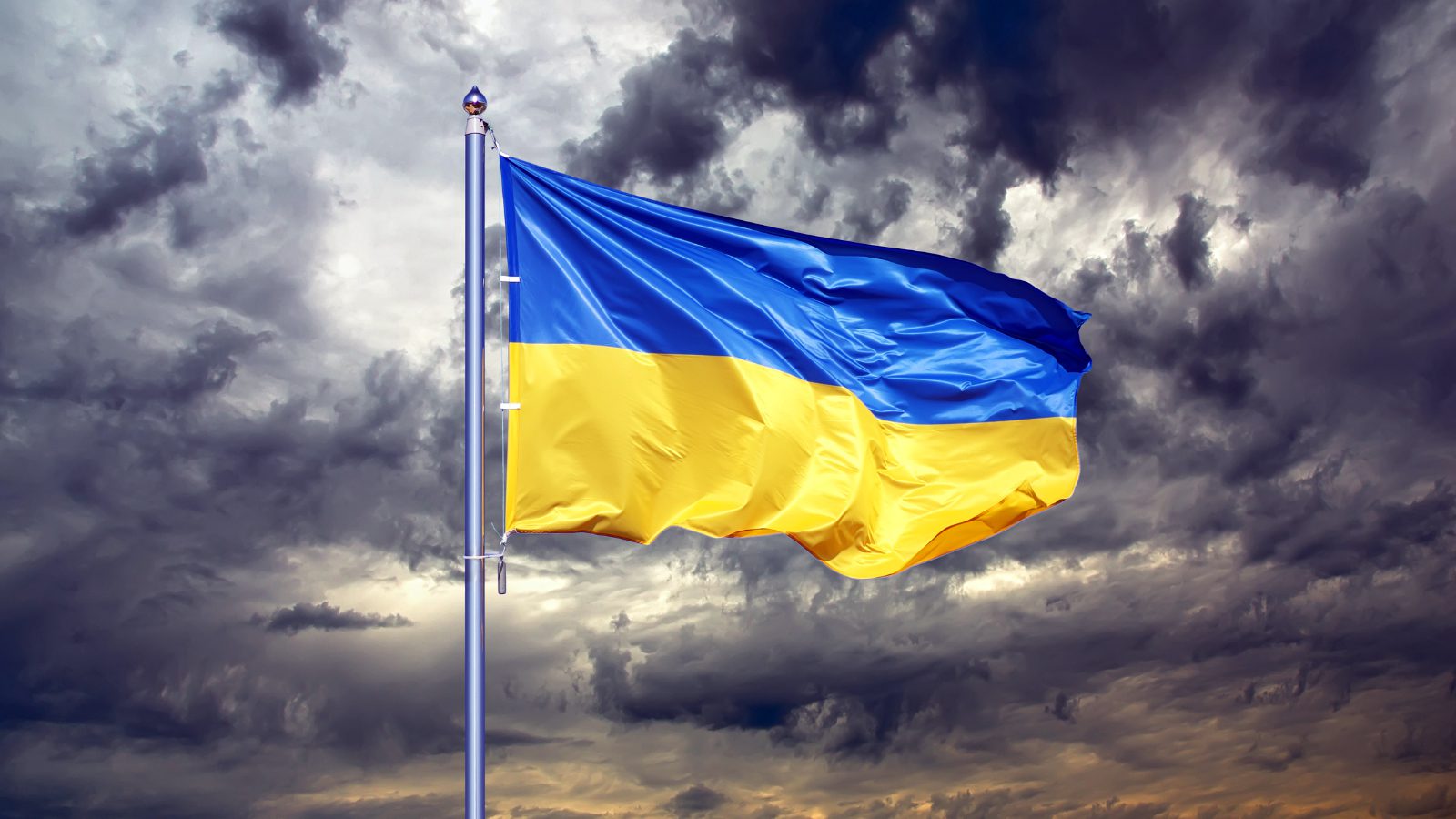
This article originally appeared in the Globe and Mail.
By Aurel Braun, June 21, 2022
From Ukraine’s perspective, the visit of French President Emmanuel Macron, German Chancellor Olaf Scholz and Italian Prime Minister Mario Draghi to Kyiv on June 16 appeared to hit all the right notes.
They were encouraging about future Ukrainian European Union membership and expressed outrage at the barbarism of the Russian aggression; Mr. Macron, whose earlier deference to Russia had been unsettling, declared unambiguously that “Ukraine must resist and win.” Yet nagging doubts remain about West European understanding and commitment.
To date, Ukraine has received significantly less military support than it has sought and needs, and despite sanctions, Russian President Vladimir Putin remains emboldened. Earlier, in a June 9 speech, he tried to intensify the psychological pressure on the West by outlining maximalist goals.
He brazenly justified his aggression in Ukraine by reaching into history and compared himself to Peter the Great, the czar who expanded the Russian empire, sought to modernize the country, and founded St. Petersburg as a “window to Europe.” Mr. Putin, who ironically is closing that window, claimed that Peter the Great’s aggressive expansion represented rightful “returning and reinforcing” – the same strategy Russia is using in Ukraine.
It is hard to resist the temptation to view this as the revealed motive, for undoubtedly Mr. Putin has long pined for the restoration of the Russian empire. Yet this may also risk confusing cause and excuse. Mr. Putin’s primary goal has always been to stay in power, in a personalist system, as a “president for life,” unchallenged and invulnerable. To ensure this, he has relied on myths and political magic where Russian grandeur and power play a supporting role to his repressive, absolutist rule in a system that is corrosively corrupt.
It should not be surprising, then, that the Kremlin’s domestic thuggery melds with international criminality. Throughout, Mr. Putin has cynically played on the worst instincts of the (normally generous) Russian people – from xenophobia, a perverse pride in suffering, a penchant to see conspiracies everywhere, to a predilection to cheer having Russia feared abroad, then bemoan the lack of international respect. Mr. Putin’s grandstanding, in fact, belies a growing gulf between Russia’s capacity and his ambitions.
Still, Mr. Putin has benefited from a return of virulent and violent geopolitics – where he faces no effective international legal or institutional restraints – and from Western fecklessness. Thus, in Ukraine, he essentially may just be applying a new iteration of the brutal Athenian dictate to the Melians two-and-a-half millennia ago that “the strong do what they can and the weak suffer what they must.”
On Feb. 24, NATO deterrence failed. While President Joe Biden’s administration predicted the Russian aggression, it failed to prevent it. Western deference, in the sense of submission to or compliance with the will of another, proved to be incompatible with deterrence.
As the conflict grinds on and Russia makes gains in eastern Ukraine, there are three factors that the West needs to consider. First, Russian foreign policy cannot be separated from domestic policy under Mr. Putin. He has and is using foreign adventures as a means to diverting attention away from massive domestic failures to turn Russia into a modern state three decades after the fall of Communism, and to preserve his regime’s powers and privileges.
Second, the very extensive sanctions now in their fourth month have wounded Russia but have certainly not incapacitated it. Consequently, the West needs to recognize the limitations of sanctions and should urgently enhance other tools.
Third, Russia’s annihilationist offensive and scorched-earth policy in eastern Ukraine has allowed it to make steady progress on the ground, even if at a horrific cost to civilians and to soldiers on both sides.
In light of the above, if Ukraine and the West are to prevail, NATO has to recognize the primacy of military success. The alliance has overwhelming economic and military capacity and Ukraine has demonstrated a remarkable will to fight the aggression itself, if given the tools. Though Western prudence is wise, it should not metamorphose into timidity.
Provided with heavy armaments in a timely fashion, Kyiv could achieve a meaningful victory, largely forcing Russia back to the pre-Feb. 24 lines. The Russian military and the secret services will clearly understand this to be a colossal strategic defeat, which could force the Putin regime to come to the negotiating table, where it would accept Ukrainian independence and future membership in the European Union, or even remove Mr. Putin from power.
Throughout the struggle, the West will need to make significant sacrifices. But these pale in comparison to what the people of Ukraine have suffered and the devastating consequences of a Russian victory.
Aurel Braun is an MLI Fellow and Professor of Political Science and international relations at the University of Toronto and an associate at the Davis Center, Harvard University.





